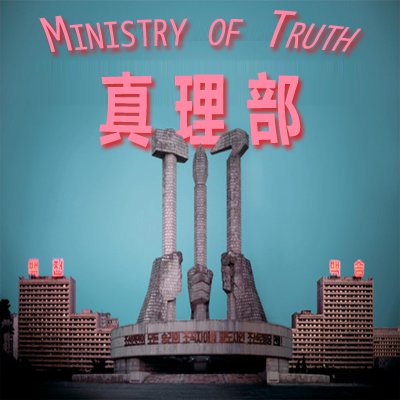The following censorship instructions, issued to the media by government authorities, have been leaked and distributed online. The name of the issuing body has been omitted to protect the source.
Regarding the knife attack on the morning of October 26 at the New Century Kindergarten in Yudong Town in Chongqing’s Banan District, all media should report briefly using only authoritative information published by local police. Do not expand on this; do not compile lists of similar incidents in the past; do not embellish or hype; do not publish or broadcast photos or video containing gory images. Take precautions against triggering copycat crimes. Media from other areas may not send reporters to gather news. (October 26, 2018) [Chinese]
CNN’s Ben Westcott and Serenitie Wang reported late last month on the attack by a woman with a kitchen knife on at least 14 children at a Chongqing kindergarten:
Videos circulating on Chinese social media showed small children bleeding from severe cuts to their faces at the entrance of the kindergarten as stunned adults looked on.
School security guards and staff restrained the 39-year-old attacker and took her into custody. Video from the scene appeared to show angry onlookers attempting to hit and kick the woman after she was detained.
[…] “It happened when the children were entering the school gate … The attacker just ran at them with a knife. The teachers were dumbstruck,” said Zhang Jing, who lives close to the school.
He told CNN old people out shopping for groceries had intervened to stop the attack.
[…] Zhang said after the knife attack and recent scandals over faulty medicine for children, he’s increasingly skeptical of the government’s ability to look after his own daughter.
“It is terrifying. The vaccines are faulty, the food is faulty … and right now even the security is problematic,” he told CNN. [Source]
Violent incidents and especially harm to children are frequent targets of media guidance, as illustrated by a flurry of directives related to allegations of child abuse at daycare centers in late 2017. When an explosion outside a Xuzhou kindergarten killed eight and injured 65 in June 2017, media were ordered to “pay attention to sourcing standards when passing on information. Review comments, and eliminate any negative related political speech.” The fatal stabbing of two outside a Shanghai elementary school in June this year appeared to be alluded to in a multi-part directive calling for outlets to “strictly control interactive sections and put an end to inflammation of public opinion by hotspot incidents over the past few days.”
Last week, Robert Foyle-Hunwick commented on the Chongqing incident and others like it at The New Republic, discussing their political sensitivity and the information controls that routinely follow:
State media prefers the briefest reports when delivering shock news (the graver, usually, the terser), and typically blames vague “grudges” or mental illness. The June attack in Shanghai was supposedly committed “to take revenge on society,” another commonly imputed motive that raises even more questions. The deepest analysis permitted by official news agency Xinhua allows that “rapid social change, mass migrations, increasing disparities in wealth and weakening of traditions” have left many unmoored from a sense of social justice or belonging; adrift in an arid landscape of amorality, the slightest spark—be it sudden unemployment, or the sting of an insult, or even a belief that someone is trying to mess with their feng shui—is enough to cause a conflagration.
But this psychological reasoning also lets the system off the hook. In response to the cries of protest, the state has tamped down still further on dissent, freedom of speech, and rule of law, tightening the bolts of repression until they screech. Picture the anger expressed by the average Trumpster or fuming Brexiteer—then take away their right to blog, tweet, report, demonstrate, or vote. Governments that make peaceful resolution impossible make violent revolution inevitable, to paraphrase John F. Kennedy, and for a certain unbalanced or deeply downtrodden individual, the appeal of terrorism probably carries a twisted sense of justice, giving meaning to a final act of retribution. It’s telling that, for those desperate enough to abandon rational action, yet decent enough not to wish harm, suicide is seen as the ultimate form of direct action in China. [Source]









